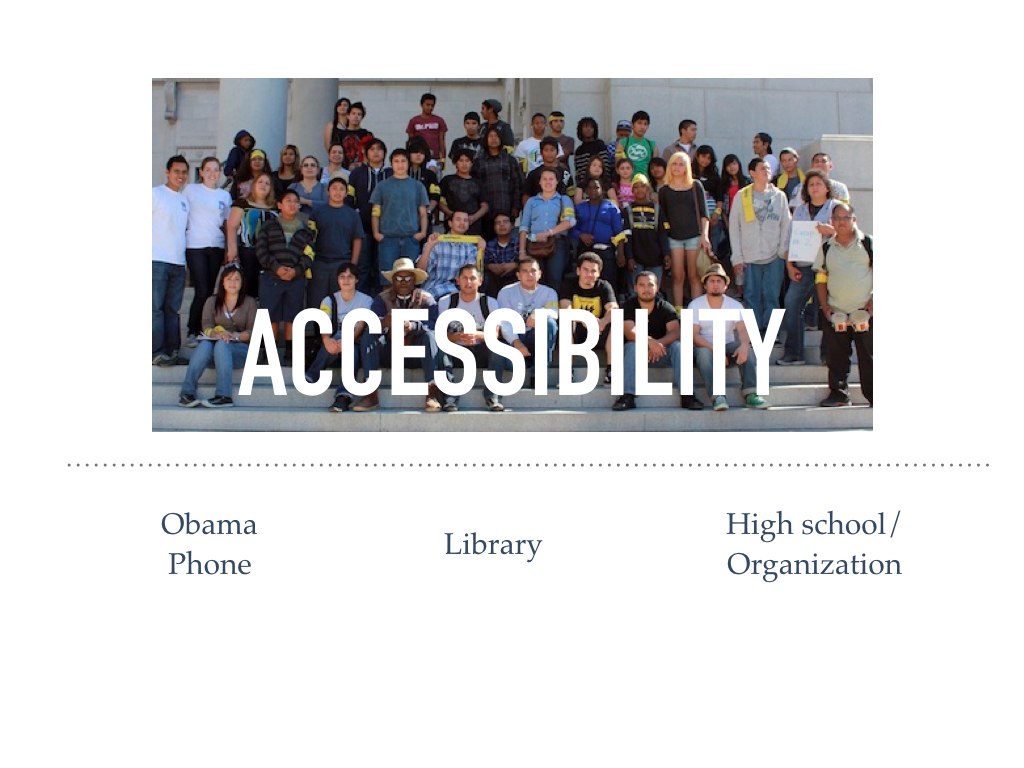“The most common way people give up their power is by thinking they don’t have any.”
This past weekend, I participated in a design hackathon to bring change to the Southern L.A. community. We were tasked with applying design thinking to solve specific issues facing this community. Most notable, a lack of grocery stores, high pollution levels, and a local 8.4% unemployment rate.
Our group decided to tackle the lack of funding that enters South L.A. We leveraged the creative capital held in Los Angeles and aimed to distribute it to South L.A. youth. The end product is Uplift, a mobile app that funnels philanthropic public donations back to the South L.A. youth arts programs.











I am extremely proud of what my team accomplished. If you have questions or thoughts about Uplift, please do not hesitate to reach out.
